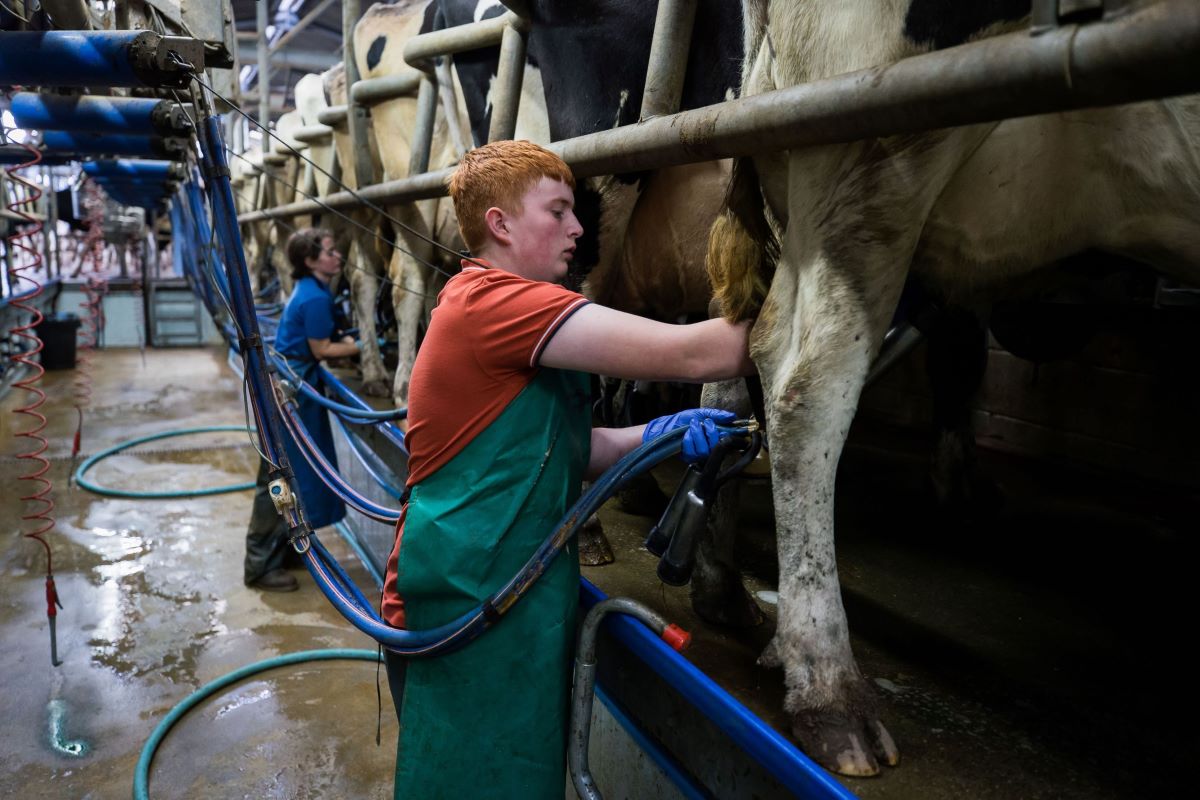Apprenticeship starts in England SMEs plummet since introduction of Apprenticeship Levy, CIPD report shows

New report also highlights wider decline in employer investment in training despite significant rise in skill shortage vacancies, prompting calls for levy reform
The number of apprentices starting in small businesses has plummeted since the introduction of the Apprenticeship Levy in 2017, with 123,800 apprenticeship starts in SMEs in England in 2020/21, compared to 241,000 in 2016/17, a fall of 49%.
This is according to a new report from the CIPD, Devolution and evolution in UK skills policy: Finding common ground across the four nations, which explores skills policy of the four UK nations, with a particular focus on UK apprenticeship systems and their outcomes.
It also shows a 14% fall in apprenticeship starts in large firms, with 250 or more staff, and that, overall, apprenticeship starts have fallen 31% in England since the levy was introduced in 2017.
The CIPD’s analysis further highlights that the Apprenticeship Levy has failed to reverse the decline in employer training more widely, which was one of the policy objectives for its introduction. To address this, the CIPD is calling on the UK Government to reform the Apprenticeship Levy into a flexible skills levy, to boost employer investment in training and skills development. It also recommends that the Government support good quality advisory services for SMEs, particularly on HR and people management.
The report shows:
- Investment in training per employee in the UK has declined by 19% since 2011, from £2,191 to £1,778*, with UK investment per employee at around half that of the EU average.
- 60% of UK employers provided some sort of training in the last 12 months – a drop from 66% in 2017.*
- Employers are training and investing less in their workforces than they were 20 years ago.
The fall in employer investment in training and apprenticeships has occurred despite the number of skills shortage vacancies more than doubling in England, from 193,800 in 2017 to 460,100 in 2022.
Lizzie Crowley, senior policy adviser at the CIPD, the professional body for HR and people development, said:
“Skills and labour shortages continue to be a real problem across the UK and all sectors of the economy, and we need to get apprenticeships and vocational education right if we’re to tackle these challenges. Investment in training and development is critical in addressing skill gaps and improving workplace productivity, but the Apprenticeship Levy has failed to reverse the decline in training we’ve seen over the past two decades.
“Despite the importance of SMEs to the UK economy, there are still major barriers in their engagement with the current skills system, including its complexity, lack of resources, and poor people management capability. Good quality advisory and business support services, aimed at boosting management capability and increasing understanding of skills development, are key to engaging small businesses.
“Reforming the levy into a flexible skills levy will also help boost employer investment in the technical skills they need and free up more funding to invest in apprenticeships.”
The CIPD has set out a range of recommendations for UK policy makers, including:
- Reform the failing Apprenticeship Levy into a flexible skills levy, to boost employer investment in training and skills development.
- Develop interventions to boost management capability and increase understanding of skills needs and development opportunities in small firms. For example, the CIPD’s People Skills model.
- Refocus the scope of apprenticeship policy to include a discussion on direct financial incentives, alongside a focus on funding off-the-job training costs. For small business in particular, apprentice hiring incentives can make a difference.
- Introduce fast-track routes to apprenticeship qualifications for adults with existing workplace skills.
- Ensure public bodies tighten controls on the development of English apprenticeship standards and focus on quality of provision.











Responses